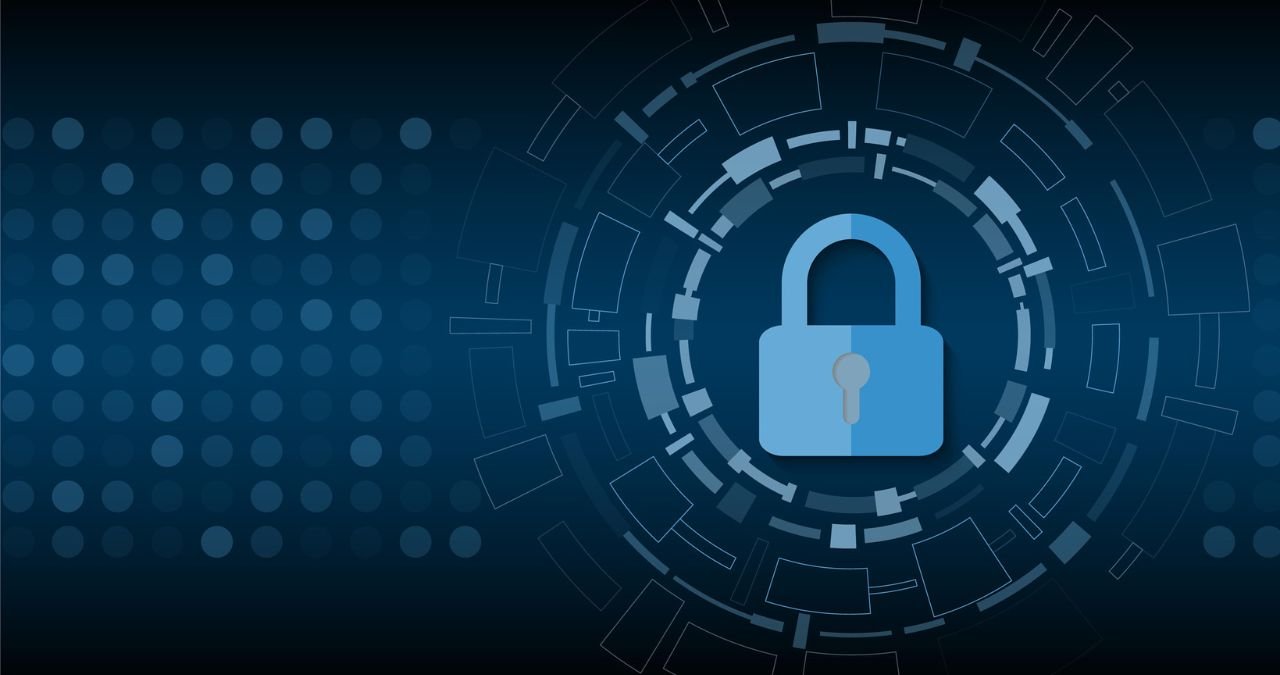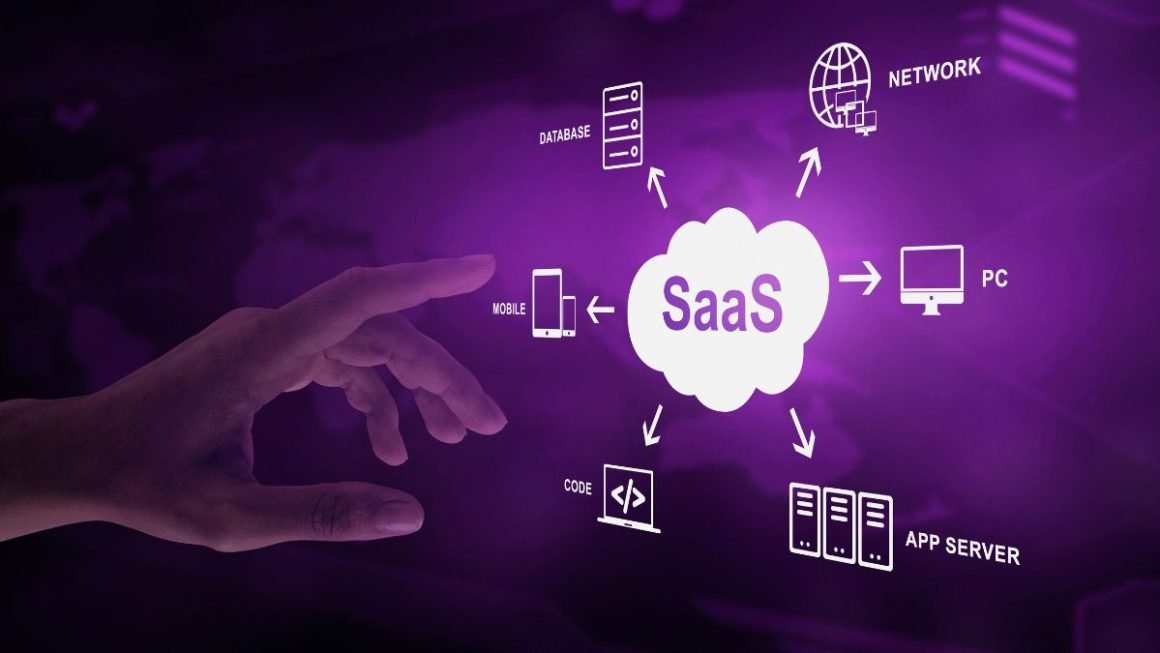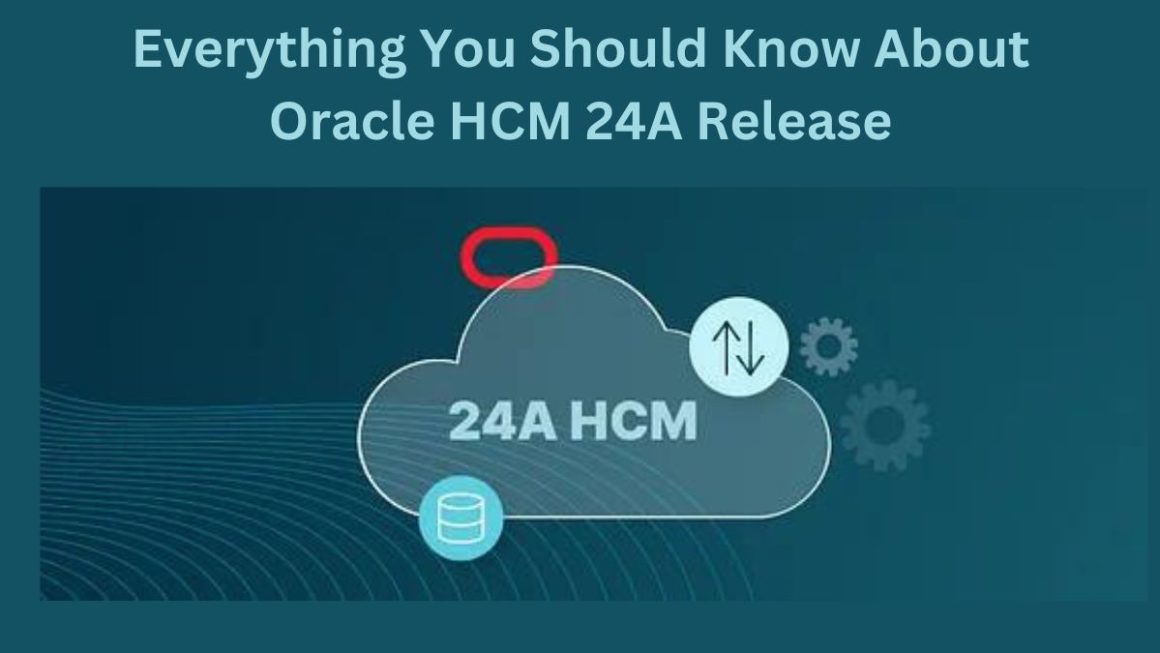Data encryption is a fundamental element in corporate security, providing basic and strategic protection in case other barriers fail. The concept of corporate security refers, in general, to all the solutions and infrastructures put in place to avoid intrusions, to compensate for the fail-over of individual resources, and, no less importantly, to all the strategies implemented to create good business continuity.
Data encryption is a transversal issue that involves corporate infrastructures in a decided broadway. A brief description of data encryption is as follows: a security method that envisages data coding; therefore, the data subject to encryption can be correctly interpreted by anyone who knows or has access to the key used in the coding phase. It is, therefore, a matter of decoding this data by applying a unique key, which can be public, private, or shared.
Table of Contents
1 – Cryptographic protection of data and storage on systems
Encrypted data will be protected when stored on individual devices or on dedicated storage servers. This secures information when separate systems are hacked, or personal devices are stolen.
On the endpoint side, it is possible to enable cryptographic technologies that effectively render the device unusable and make any attempt to extract the storage resource from the device to attempt data recovery useless.
2 – Data encryption in cloud storage
In the case of on-premise systems, cryptographic protection represents an agile way to offer an additional level of protection, but the same care should be taken in managing cloud volumes. Cloud solutions allow the individual company or organization to delegate problems relating to data security to the service manager. Still, it is essential to verify what the operational methods implemented by the provider are in practice.
Because data encryption is needed in the cloud
In fact, we cannot consider cloud infrastructures secure regardless and immune from possible attacks. Furthermore, to complicate the scenario, there is a condition of promiscuity in which the cloud manager manages corporate data. In fact, the same system offers services to several customers, sharing infrastructures and resources. Good isolation between the various instances is a must, and even in this situation, data encryption can offer excellent advantages.
3 – Security with encryption in data transfer
Up to now, we have considered static data conservation conditions and the relative advantages associated with the use of encryption. Still, the adoption of these technologies can also be an indisputable advantage during the transfer phases. This way, organizations can protect themselves from possible information theft through targeted and man-in-the-middle attacks.
Data encryption solutions
For data transfer between the various systems, it is essential to implement Secure Sockets Layer ( SSL )/Transport Layer Security ( TLS ) solutions that guarantee connection and transfer security. In this way, a large part of the data transferred is subjected to encryption; therefore, a possible theft/sniffing would be decidedly complicated.
4 – Smartworking, VPN, and data encryption
With work scenarios increasingly oriented towards mobility and smart working, it is necessary to guarantee secure access to company infrastructures using public connections, such as employees’ home internet users. VPN technologies are necessary in these cases because they offer a sufficiently secure communication channel between the endpoint and corporate resources.
VPN connections involve connecting the remote terminal to a server dedicated to this service, or more generally, to a manager, and creating a tunnel inside which each data transfer is subjected to encryption. In this way, even the use of public networks, therefore not dedicated and operated by other technologies, can be considered sufficiently secure.
5 – Data encryption and GDPR
Then there is a last aspect that does not constitute an advantage for organizations but rather an obligation;, even at a regulatory level and in the context of the GDPR, the adoption of security solutions based on data encryption to protect information is envisaged and defined as sensitive.
The advantages of data encryption for corporate security are, therefore, many. In summary, they concern the aspects of data protection stored on devices or owned servers in cloud services, but also the many transfer problems in which SSL/TTL and VPNs are must-have technologies.
Also Read : 6 Things To Consider In Smart Home Construction




